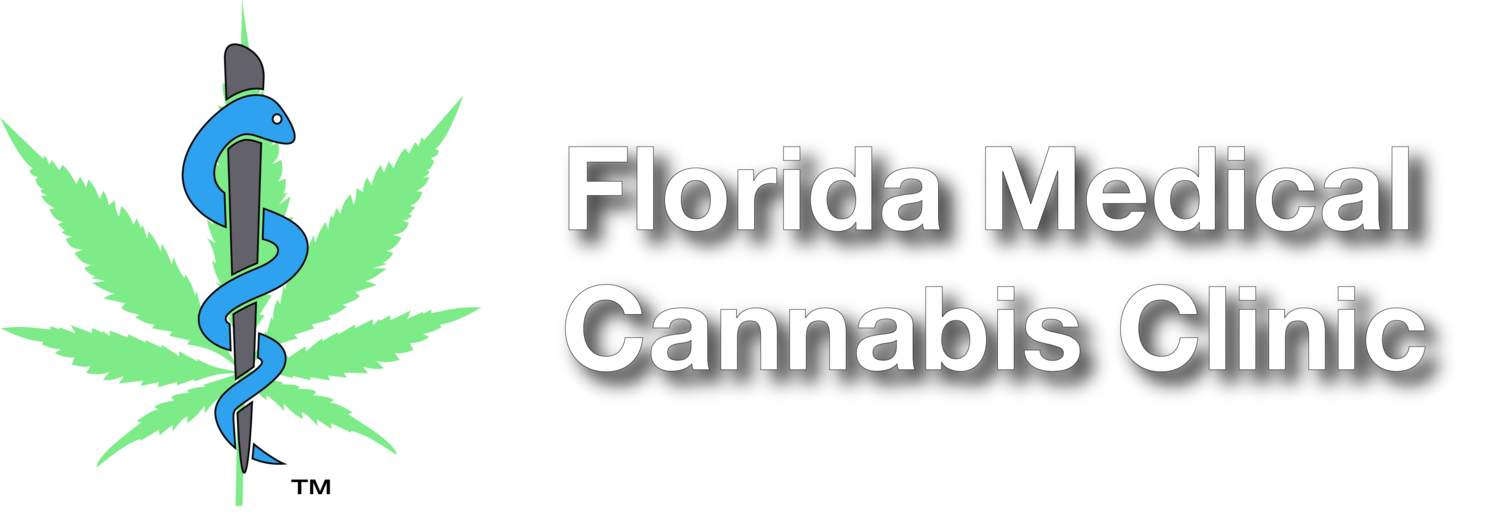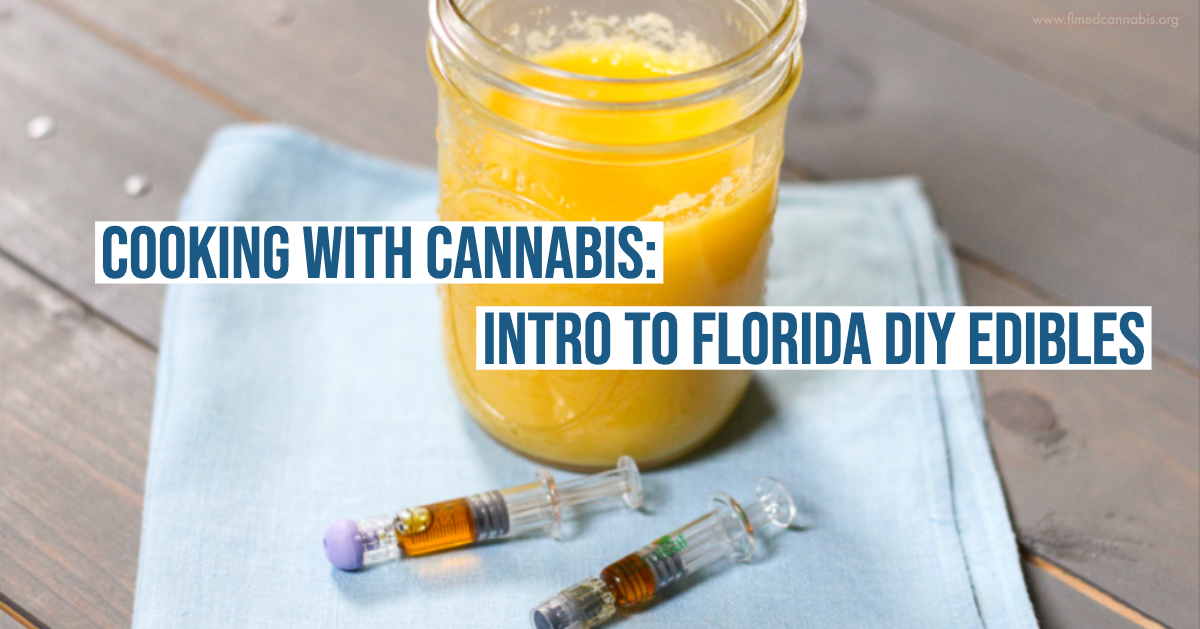With cases of the terrifying and at times fatal, E-cigarette, or Vaping, Product Use-Associated Lung Injury (EVALI) making the news in recent months, many patients are looking a little closer at their cannabis medicines. These injuries have been primarily linked to the black market cutting agent Vitamin E acetate, which is not found in legal Florida dispensary vaporizing products. While Florida products are clear of these harmful ingredients, some patients wonder why they experience irritation or burning with some vape oils and not others. Looking closer at the ingredients may contain the answers.
What's In Your Vape Pen?
Every patient must look at their treatment options, including medical cannabis, and make the decisions that are best for their own circumstances. Educating ourselves and applying that knowledge to our own personal situations is the first step toward thriving with chronic illness. While it’s generally thought to be safe, there aren’t studies looking at the long term safety of vaping cannabis oils. Gauging personal reactions and situations are crucial. For some, the harm of letting symptoms go untreated may be worse than any potential risk from a thoughtfully purchased and consumed vape product. For others, the burning and irritation or potential risk is far worse when relief can be found through other delivery methods.
Questions to Ask
What types of terpenes are being used?
Many patients find they react to difference in the quality, sourcing, and concentration of terpenes being used in cannabis vape oils. Terpenes are important for medicinal effect, but are destroyed during the process of making distillate, the oil used in the large majority of vape cartridges. Distillate is medicinally pretty devoid - it’s basically straight THC. Terpenes are added back into the THC oil, acting like a “flavor profile” that mimics the terpene content found in popular strains.
Cannabis terpenes can be separated prior to distillation, but it is hard to do on a large scale. Many large cannabis companies, like the vertically integrated MMTCs of Florida, use non-cannabis derived terpenes to allow for expanded stock and product availability. Terpenes are abundant in nature - found in a variety of plants and fruits. It’s much cheaper to source terpenes from pine and citrus than it is from cannabis. On a chemical level, terpenes sourced from cannabis are the same as those sourced from anywhere else. However, many patients report differences in their tolerability and efficacy.
We don’t know the long term safety of inhaling various concentrations of these terpenes. Some companies don’t use more terpenes than are naturally found in the plant, others thin the oils excessively with terpenes. From patient report, this seems to contribute to tolerability.
Is it a strain specific extract?
Since distillate oil is thought to be a “plain” cannabis oil, vapes aren’t always sold as the strain they were extracted from. Some products are extracted from strain “A,” terpenes from strain “A” are added back in, and the product is then sold as strain “A.” Others will extract from strain “A",” add in terpenes from strain “B”, and sell the product as strain “B” even though it was originally extracted from strain “A.” This can vary cannabinoid content from what would be typically expected from that strain.
Are there any cutting agents?
Early cannabis vape oils used MCT oil and other cutting agents to thin the distillate oil, allowing it to vaporize easier. Fortunately, with the proper cartridge and device these thinning and cutting agents aren’t needed. Some MMTCs in Florida are still using MCT oil in distillate and vape oil products, so be mindful of ingredients. Some patients report irritation with MCT vapes. It’s an unnecessary risk. The ingredients list should only say cannabis oil/distillate and terpenes (preferably cannabis derived)
Are lab reports available?
Florida MMTCs are required to have their products tested by third party labs. Ask to see these reports. Many are available online, while others have QR labels that can be scanned to directly pull up results. The amount of lab information available varies by dispensary.
What is the quality of the hardware?
So much is left to be understood about vaping technologies. Some legal markets are finding high levels of contaminants in cartridge oils that are thought to be stemming from leaching of cheap overseas manufactured cartridges. If you choose to vape, be mindful not to overheat your battery and use only quality hardware.
Words to Know
Reading a Cannabis Vape Label
Cannabis vape labels aren’t always consistent in the terminology they use. Sometimes it can be plain confusing. Below are some of the most common terms used on vape labels.
Natural terpenes- derived from natural sources other than cannabis
Botanical terpenes - derived from plant sources other than cannabis
Cannabis terpenes - terpenes derived from cannabis plant
MCT oil - medium chain triglycerides that are used as a cutting agent in some legal products, unnecessary
Distillate - cannabis extract
CO2 oil - cannabis extract
Strain specific extract - cannabis extract labeled and derived from the same strain
Post Written By: Kristina Risola, MA, CRC, CHWC
Cannabis Health Coach






